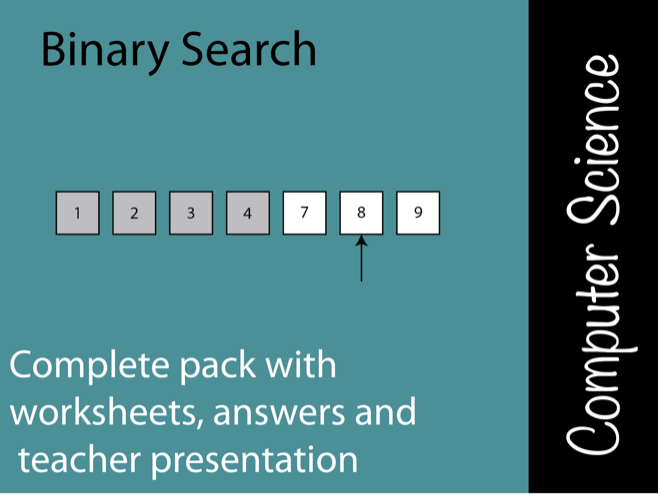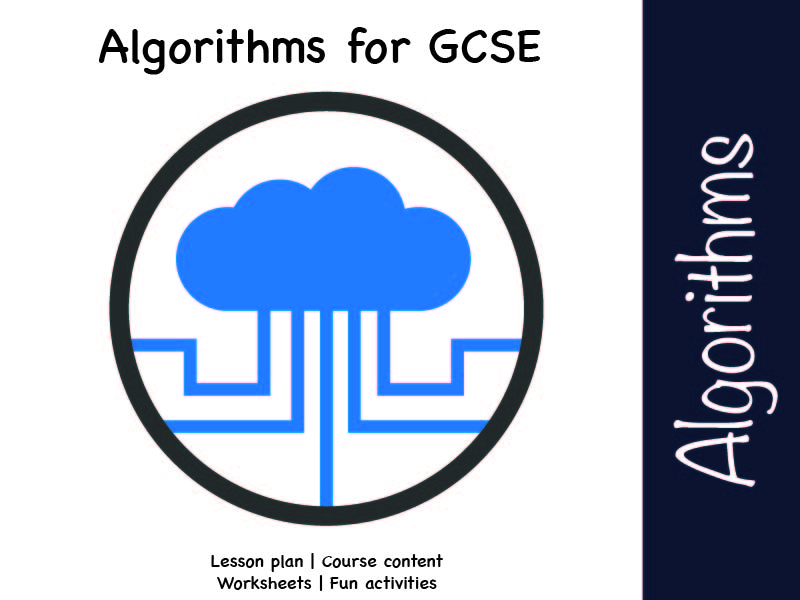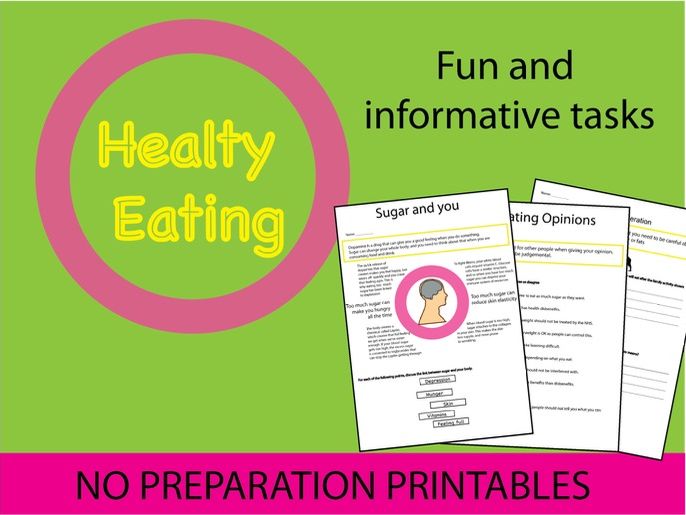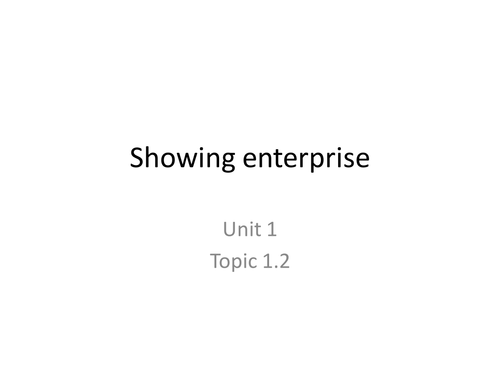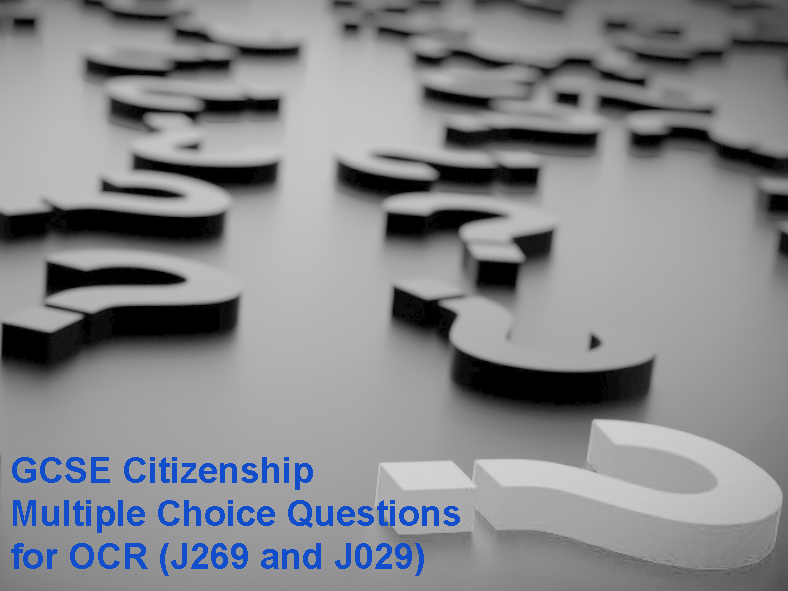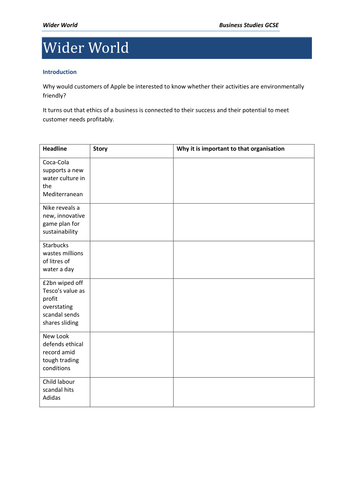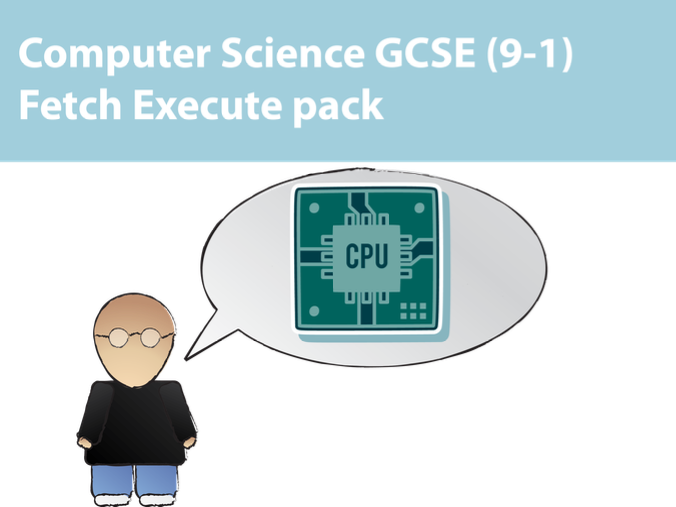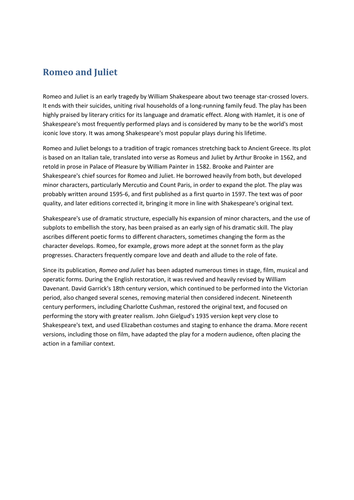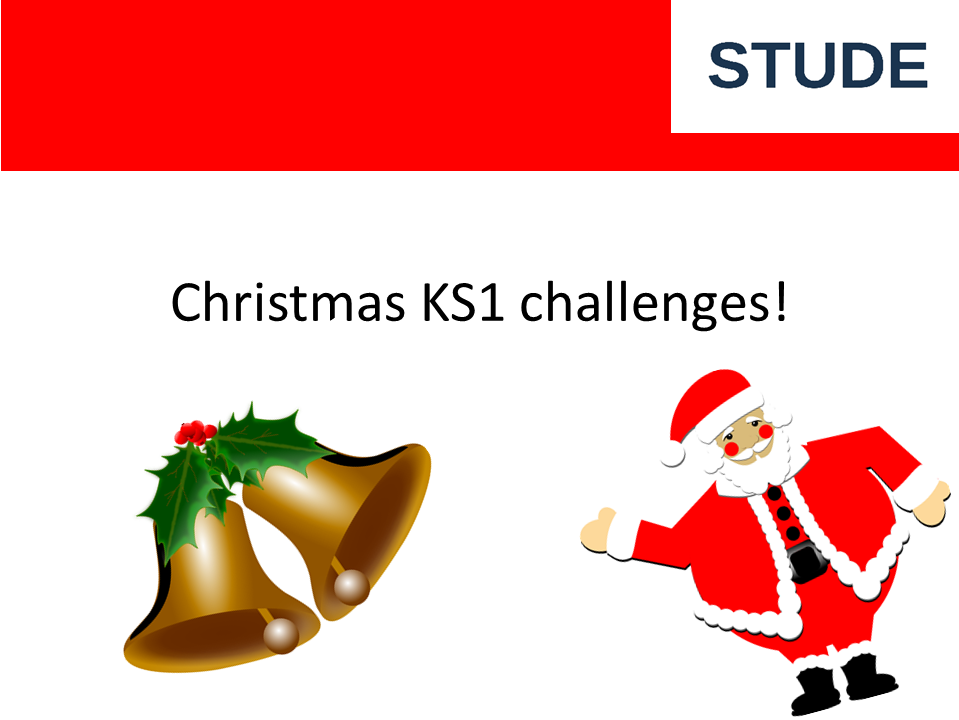
546Uploads
231k+Views
81k+Downloads
All resources

Brexit and Computer Science Legislation
Computing teachers now have a resource for both British values and for ethical, legal, cultural and environmental concerns, related to Brexit and also teaching the Computer Science legislation required by courses.
I would start students off with the pair work of News1 and News2 as a discussion task.
You can then run through the presentation, and then there is a discussion tasks.
Students take the worksheets (starting with Discussion in the file name) and then map the issues that Brexit might cause onto them. They can be provided with information about the various legislation that they need to study (Starting with FactSheet in the file name)
OCR's GCSE Computer Science specification (9-1) J276 requires students to discuss Computer Science technologies while considering:
Ethical issues
Legal issues
Cultural issues
Environmental issues
Privacy issues
And legislation relevant to Computer Science:
The Data Protection Act 1998
Computer Misuse Act 1990
Copyright Designs and Patents Act 1988
Creative Commons Licensing
Freedom of Information Act 2000

Binary Search full lesson
A full lesson for Binary search.
The intention is for you to run through the presentation with the basics of the algorithm.
The resources are not language dependent (although the coding challenge does have a solution in Python, this is easily changed to your language of choice)
Students then have arrows cut out of ArrowsActivityResources.docx and record the algorithm stepping through numbers.docx
The students then optionally step through NamesToSearch.docx
Students then code TaskPseudocodeGuessingGame.doc
Then students should be able to code the binary search algorithm!

Representing Algorithms - The Fundamentals - COMPLETE UNIT - GCSE Computer Science Resources
Highly recommended algorithms pack for GCSE - workbook, lesson plan, worksheets, posters and more!
Suitable for teachers of GCSE, and will be of particular interest to PGCE students, NQTs or departments that need that little bit of support in the delivery of this challenging qualification.
You get high quality original resources that are both class-tested and lesson ready. You may of course alter and modify the resources for your class, and you get my support for the lessons (worksheets have been developed for customers and added to packs in the past).
Use the completely free (forever) workbook available at https://tinyurl.com/y2xld5az
This pack includes a full set of supporting worksheets.
Posters:
PseudocodePoster
PseudocodePoster2
Lesson Plans:
Introduction to algorithms
Algorithms in depth: Abstraction and Decomposition
Extending your knowledge of algorithms
The 30 second lesson plan
Worksheets:
What are abstraction terms
What are algorithms Matching (+ Answer key)
FlowChartShapes (+ Answer key)
PMIChart
Flowcharts (+ Answer key)
DecomposeShopping
AbstractionMap
AbstractionOrDecomposition
What is abstraction
AbstractionOrDecomposition
AbstractionCreating
AbstractionProblem
DecompositionProblem
Tellanabstractionstory
Brainstorm (+ suggestions)
Voting activity:
YesNoVotingCards
AgreeDisagreeVotingCards
AlgorithmsVoting
Extras:
The 30 second lesson plan (for teachers in a hurry!)
Support - how to contact me for help (I can’t guarantee instant help, but I’m here for you!)
Workbook Table of Contents:
Definitions
Algorithms
Pseudocode
Flowcharts
Comparison of pseudocode and flowcharts
The Tools to help us solve problems
Decomposition
Abstraction
Teaching requirements:
It would be beneficial to read through the workbook and lesson plan before attempting to deliver the material. Enclosed is a 30-second quick start guide if you do not have time for this.
Unusual software requirements
None
Need some help?
Contact me! https://twitter.com/studeapps
Looking for the usual software requirements: (http://studeapps.com/usual-software-requirements):

Healthy Eating lesson pack- PSHE and Food - with no planning!
Help your students learn about Healty Eating!
But let us take the planning out of it for you.
A series of worksheets and exercises for your classes. Aimed at Key Stage 3 but can easily be adapted for other levels.
Interactive activities, discussions, worksheets and more all stunningly presented and ready to go with no effort required from you!
Keywords:
Sugar, health, brain, hunger, elasticity, immune, resources, glucose, structure, excess, depression.

Meeting Customer Needs Revision for GCSE Business Studies (Edexcel)
Full session for GCSE Business Studies for Edexcel. Includes full worked exam question, activities and videos.
Watch the video here: https://www.youtube.com/watch?v=c40E-laX25k

Showing Enterprise Revision for GCSE Business Studies (Edexcel)
Full revision session for GCSE Business Studies for Edexcel. Includes multiple choice questions, exercises and videos.
https://youtu.be/BwXxr6Gs5yg

GCSE Citizenship Multiple Choice Questions for OCR (J269 and J029)
GCSE Citizenship Multiple Choice Questions for OCR (J269 and J029)
Almost 200 GCSE Citizenship multiple choice questions. Created for the OCR (J269 and J029) specification.
One copy has no answers, one copy has the correct answer highlighted in bold.
Possible uses include games, revision sessions and so on.

GCE AS Level Chemistry Multiple Choice Questions for Unit 2 (AQA board)
More than 150 AS Level Chemistry multiple choice questions. Created for the AQA (2402) specification.
One copy has no answers, one copy has the correct answer highlighted in bold.
Possible uses include games, revision sessions and so on.
Bundle

Joyeux Noël - French Christmas Activities
A series of French activities for language learning classes
- Christmas Bingo game
- Christmas tree activity
- Vocab cards

Easter Maths - two step equations - Who Kidnapped Mavis?
Students find who kidnapped Mavis!
Complete a range of two step equations.
Complete with sheet and answer key to solving the problem!

Wider World revision for GCSE Business Studies (Edexcel)
Full session for GCSE Business Studies for Edexcel. Includes full worked exam question, activities and videos.

People Management revision for GCSE Business Studies (Edexcel)
People Management revision lesson for GCSE Business Studies (EDEXCEL).
Includes video links, lesson, two worked answers.

GCE A Level Biology Multiple Choice Questions for Unit 5 for AQA
More than 50 A Level Biology multiple choice questions.
One copy has no answers, one copy has the correct answer highlighted in bold.
Possible uses include games, revision sessions and so on.

Regular expressions for GCSE and A level computing
An introductory presentation and worksheet (with answers!) that can be used for GCSE students or, likely, A-level students.

Dijkstra's Algorithm for Computer Science
Dijkstra’s Algorithm
The way I would run this is to talk through the motivation for the algorithm from the presentation, and give the terminology worksheet to be filled in (answer in the presentation). We’d then work through the brute force worksheet. I might then run through the example, then give them the simple graph to fill in. Than we would work through TaskGraph1 for the graphs. Then I might get them to either code, or come up with graphs for them to solve in small groups or in pairs.
Included:
TPT presentation
Labels to fill in worksheets to give structure for the students to fill in answers
TaskGraph1 3 graphs to run Dijkstras on.
AnswerGraph1 and 2 -answers for the graphs
Brute force worksheet and brute force worksheet answers

Fetch Execute Cycle Revision Pack for OCR Computer Science
Complete revision pack for Storage. Designed for OCR Computer Science (9-1) J276 but is more than useful for Computer Science students studying AQA and other exam boards.
Contains a revision booklet for the students to read and comprehend.

Hardware devices for As Computing
Presentation and activity for 3.2.4 Hardware Devices for the specification AQA 2510.
May be suitable for other specifications.
Bundle

Learning ICT and Computing with Mario Run
Resources that can really bring learning to life, based around the Mario franchise.
Bundle

KS1 Maths Christmas addition and subtraction
A variety of Christmas addition and subtraction resources


